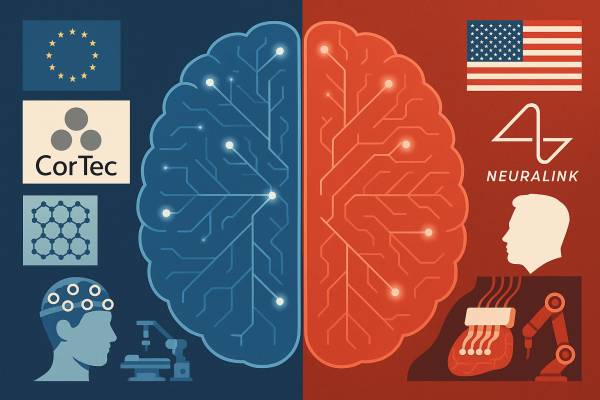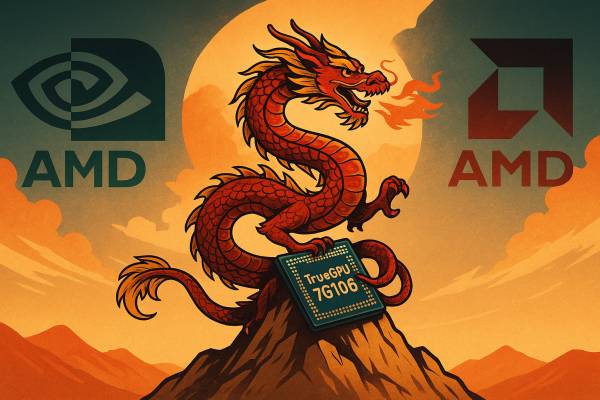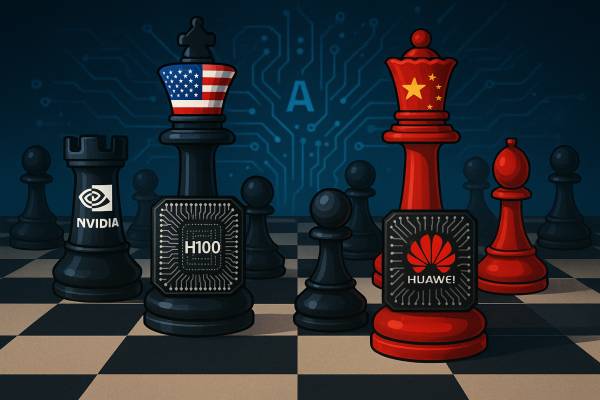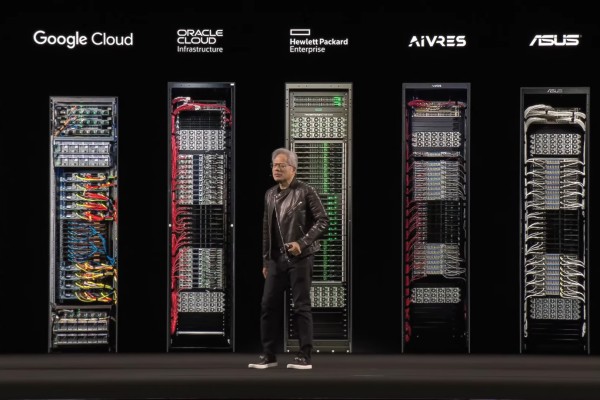The People's Daily, the official newspaper of the Chinese Communist Party, recently published an interview with Ren Zhengfei, the founder of Huawei. The interview took place during a new round of economic and trade negotiations between the United States and China, which are being held in London. In the background, fierce competition and mutual restrictions continue in the field of chips and rare earth metals: while the US has imposed export restrictions, China considers these rare raw materials to be a strategic asset.
In the interview, Ren Zhengfei spoke openly about Huawei's situation, its technological challenges, and the opportunities facing China. He acknowledged that his company is still a generation behind the United States in chip manufacturing, but emphasized that the focus should not be on the difficulties, but on persevering and moving forward step by step. He believes that American critics exaggerate Huawei's performance and that the company does not yet have as much power as they claim.
Regarding Huawei Ascend artificial intelligence chips, Ren emphasized that despite American restrictions, there are many successful chip manufacturers in China, including Huawei. The company is trying to overcome technological disadvantages with alternative approaches: they are using mathematics to compensate for physical limitations, applying methods that differ from Moore's Law, and using parallel computing instead of single-chip solutions.
According to Ren, opportunities for China lie primarily in the field of mid- and low-end chips, especially in the compound semiconductor market. At the same time, he pointed out that education, talent development, and the supply of skilled workers are the biggest challenges. On the other hand, he mentioned that codes and algorithms are not bound by external constraints as an advantage in software development. In his opinion, hundreds or even thousands of operating systems could be created in China in the future, supporting various industrial, agricultural, and healthcare sectors.
Ren Zhengfei paid particular attention to the importance of basic research. He believes that China can only remain competitive in the long term if it invests heavily in this area. Basic research takes decades, and without it, stable technological development cannot be achieved. In his opinion, the country pays for basic research even if it does not conduct it itself, as the price of foreign technological products includes the costs of this research.
Regarding artificial intelligence, Ren said that it could be the last great technological revolution facing humanity and that its development could take centuries. He expressed his optimism and emphasized that China has many advantages in this area: it has a strong energy network, advanced information infrastructure, and a significant portion of its society is made up of young people, who represent the future of the nation. He believes that with the right clustering and layering technologies, computing power can already reach the highest level in the world today. He is also confident that in the future, thousands of open source software programs will serve the diverse needs of society.
























